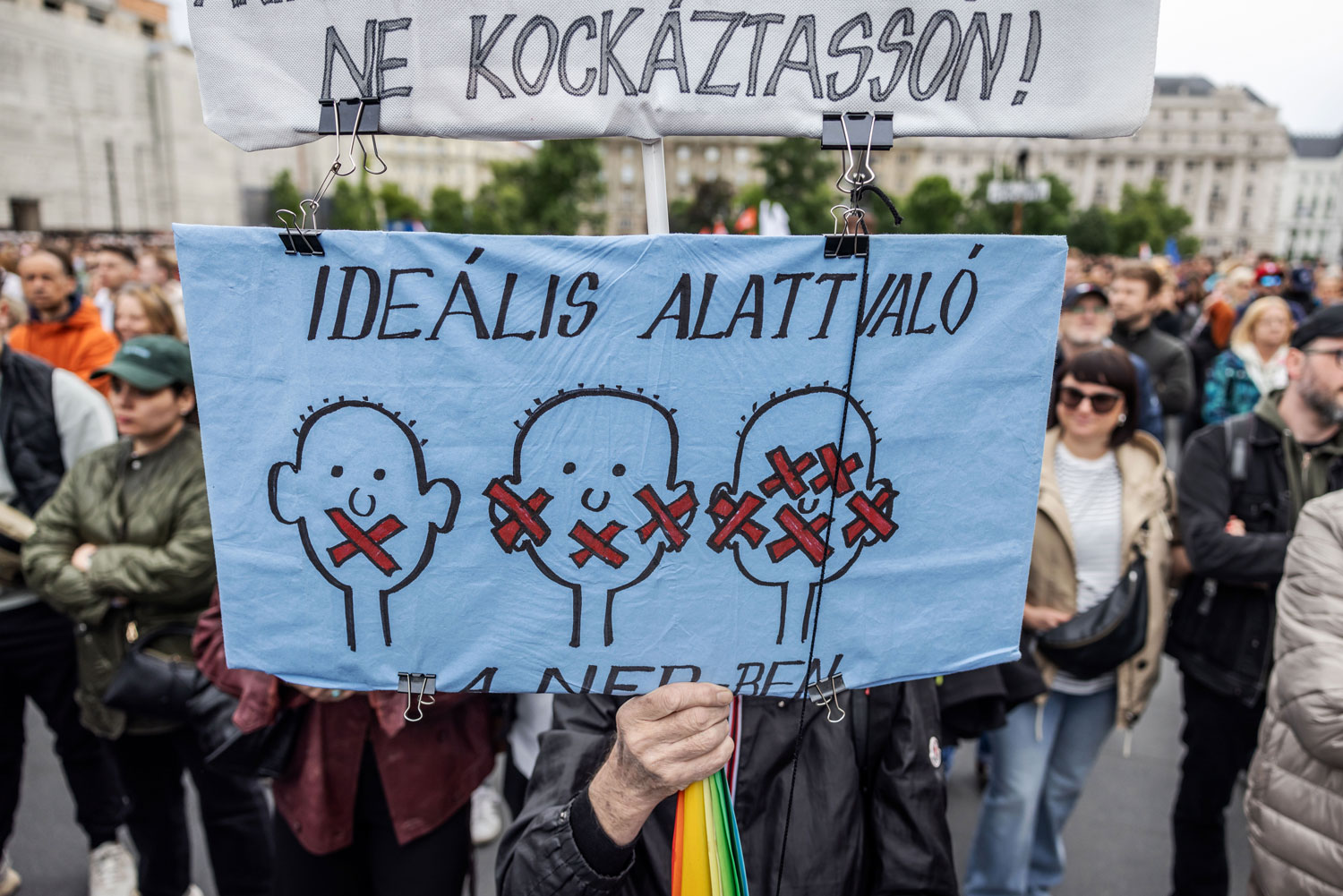Foreign agents laws – legislation that stigmatises civil society groups by forcing them to register as paid agents of foreign interests – are proliferating, offering a growing threat to civil society worldwide. Foreign agents laws target the international solidarity and cross-border cooperation that enable civil society organisations to access resources, share knowledge and build advocacy networks.
Russia’s 2012 foreign agents law established a dangerous blueprint. Under this framework, any civil society or media organisation that receives foreign funding and engages in broadly defined ‘political activity’ must register as a foreign agent and label all communications accordingly. This creates an impossible choice: accept a stigmatising designation that brands organisations as foreign spies or cease operations. The European Court of Human Rights has unequivocally condemned Russia’s law as violating the fundamental rights to freedom of assembly, association and expression.
The adoption of foreign agents laws is accelerating. El Salvador, Georgia, Kyrgyzstan and Nicaragua have all enacted Russian-style legislation since 2020, with devastating consequences for independent civil society.
The threat extends far beyond current adopters, with dozens more countries proposing similar legislation as part of broader civic space crackdowns, with foreign agents laws often complementing and intensifying ongoing state attacks on civil society.
Despite claims that they seek to promote transparency about funding, foreign agents laws are instruments of control. They impose complex registration processes, demanding reporting requirements, frequent audits and stigmatising labels to silence critics, with the effect of making it harder for civil society groups to function and fulfil their core purposes. Broad and ambiguous definitions of ‘political activity’ grant governments wide discretion to target organisations they deem undesirable. Heavy fines and the threat of forced closures and imprisonment for noncompliance foster a climate of fear and self-censorship.
However, civil society has demonstrated remarkable resilience in resisting foreign agents laws. Mass protests in Georgia in 2023 initially forced the government to withdraw its legislation, although a renamed law was finally forced through in 2024. Foreign agents laws can also be rolled back. Protests caused Ukraine to rapidly reverse its 2014 law, Ethiopia repealed its law in 2019 following political change and Hungary was forced to drop its law in 2020 after a European Court of Justice ruling.
There’s a need for coordinated resistance to reverse the trend before foreign agents laws become normalised. International courts and human rights bodies must develop comprehensive legal standards that distinguish legitimate transparency measures from repressive laws, expedite their consideration of cases and develop emergency procedures to tackle immediate threats.
States should avoid stigmatising legislation based on funding sources, jointly condemn foreign agents laws through diplomatic channels, impose targeted sanctions on responsible officials and provide safe haven for threatened activists.
Funders and partners should establish emergency funding mechanisms with rapid-disbursement grants, support the development of domestic philanthropy to reduce reliance on foreign funding and systematically document the impacts of foreign agents laws and successful responses to them.
Civil society and media organisations should strengthen international solidarity networks to share resistance strategies, promote genuine transparency, fact-check government claims, expose the true intent of foreign agents laws and build legal capacity to challenge them through domestic and international courts.
